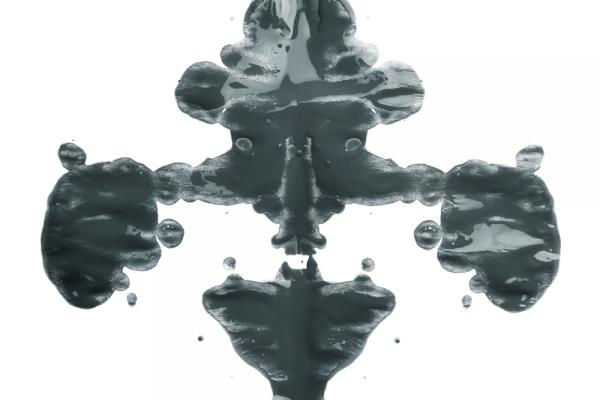What do you see when you look at this picture?
In essence, that is the question St. Louis Prosecuting Attorney Robert McCulloch asked the grand jury to determine in his case against Officer Darren Wilson, who shot and killed unarmed 18-year-old Michael Brown on Aug. 9 in Ferguson, Mo.
According to an early report in TIME, McCulloch made an unusual move: He did not specify a specific charge for Wilson.
In a recent phone interview, Denise Lieberman, co-chair of the Don’t Shoot Coalition and senior attorney for the Advancement Project, explained to me: “Grand jury proceedings occur in private, so we don’t know exactly what’s been said … However, we’ve been told that the prosecutor is not making a recommendation to the jury about whether to indict and what charges … That is fairly unusual, if in fact that is true.”
Rather than specifying charges, two senior attorneys in his office are presenting all the evidence as it becomes available and letting the grand jury decide what charge(s), if any, that evidence warrants. McCulloch’s office claimed this process is fair because the grand jury, which is representative of the community of St. Louis, is able to see all of the evidence and then offer its decision.
According to Ed Magee, a spokesperson from McCulloch’s office, grand juries usually only review a few pieces of evidence. “Normally they hear from a detective or a main witness or two. That’s it,” Magee said in an early September interview with the Washington Post.
By presenting all the evidence to laypeople, reportedly without legal interpretation, McCulloch is basically raising a proverbial Rorschach to the grand jury and saying, “see what you see.” That is not a passive act in a society where 75 percent of people tested display some measure of unconscious racial bias.
Read the Full Article

